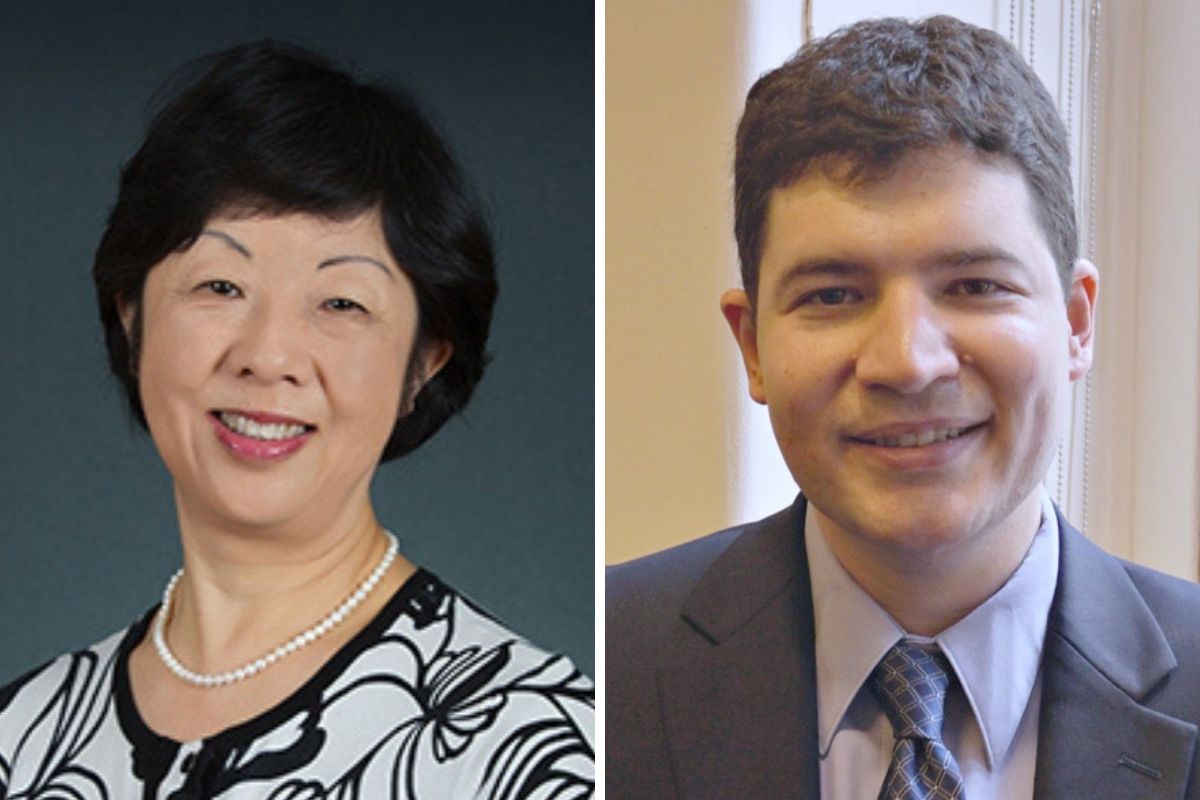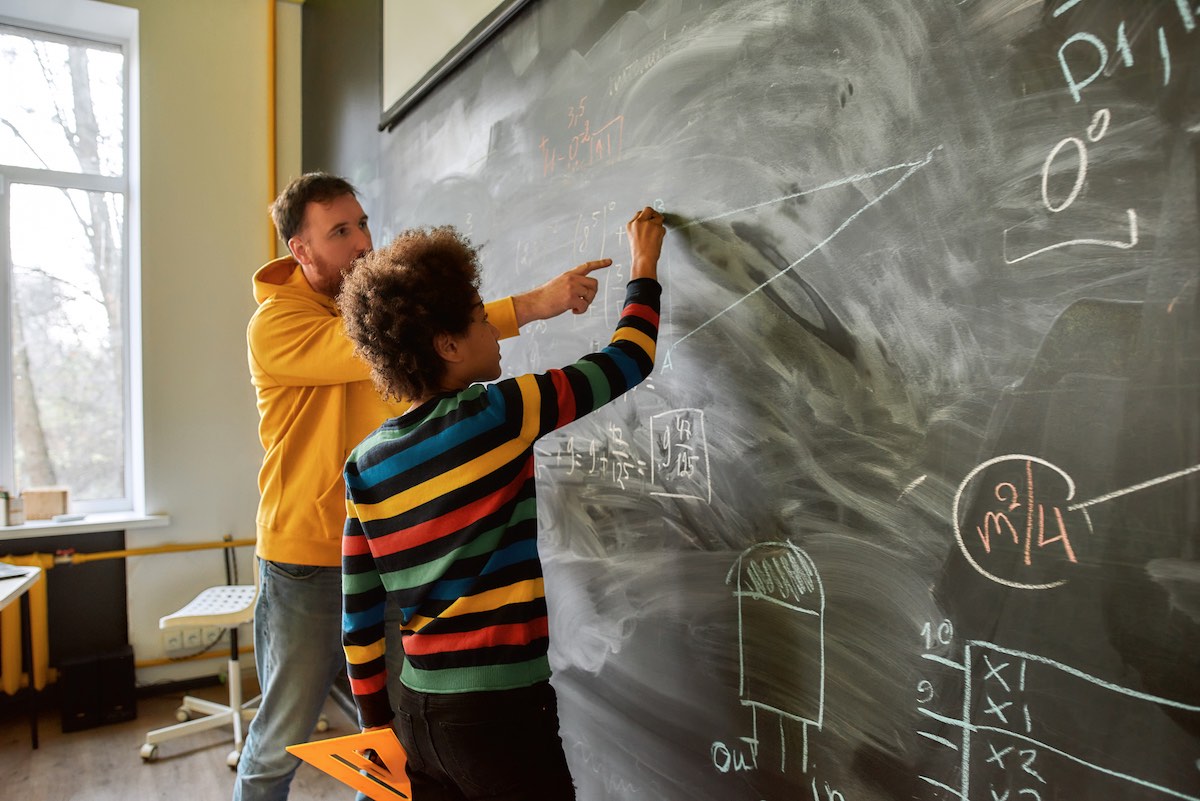For professionals and educators working to develop talent, persistent underachievement is a long-known problem with no clear solution. But new research on failure and talent development from TC‘s Xiaodong Lin-Siegler and Ben Lovett—along with their doctoral students Mirabelle Du, Kan Yamane, Keying Wang and Syntia Hadis—offers a potential path forward by examining the ways high-achieving students conceptualize and respond to failure, ultimately yielding strategies that can help support low-achieving students.
Find key takeaways from Lin-Siegler, Director of the Education for Persistence and Innovation Center and Professor of Cognitive Studies, and Lovett, Associate Professor of Psychology and Education in the School Psychology program, below.

(Photo: TC Archives)
Instructors and students should focus more on the process of learning, not the outcomes.
One of the study’s most significant findings is that students who mentioned struggles with the learning process (e.g. not understanding the subject matter or missed homework deadlines) were far less likely to label those struggles as failures compared to students who focused on outcomes (e.g. failing grades or poor exam results). Process-oriented students were also able to identify specific steps where they may have gone wrong, making it easier to find areas of improvement.
Of course, that’s not to say that outcomes don’t matter; they do. However, when students focus on the outcome of learning at the expense of the process, there isn’t as much resilience when encountering difficulties. “We rarely teach kids how knowledge becomes knowledge and how innovations are made. That process needs to be revealed to students so that they know what it takes to produce knowledge,” says Lin-Siegler.
And often, what it takes to work in STEM fields is repeated failure. The frequent struggles encountered in this area are why Lin-Siegler chose to focus on students’ learning experiences in STEM classes. “The nature of the subject matter and that students find it challenging led us to believe that this is where failure is going to be most detrimental,” says Lin-Siegler.
Being upfront with students about the prevalence of failure in the learning process won’t necessarily prevent negative feelings. But as Lin-Siegler says, “feeling bad sometimes can be a motivator,” a claim that the study supports.

(Photo: iStock)
Reappraising negative emotions can help students overcome their struggles.
According to the study, while negative emotions can be motivators, students need to process those emotions in healthy and productive ways in order to benefit from struggle. While social-emotional learning is not used in all classrooms, the researchers highlight a few key strategies that instructors can implement to help their students regulate emotions amid challenges.
One such strategy is reappraisal, a process in which someone reframes their feelings toward an event. As Lovett explains, “it’s not [the] events that affect us, but the way we think about and respond to them,” so training students to think of setbacks as a normal and expected part of life instead of an outlying element can help build resilience. Lovett suspects this kind of training could be an especially helpful intervention for low-achieving students, who may be more likely to view setbacks as failures and view failure as a state of being.
Another simple strategy at instructors’ disposal is sharing the failure stories of notable figures which, as Lin-Siegler and collaborators found in 2016, can help students effectively recover from challenges by normalizing struggle and mapping recovery.

(Photo: iStock)
Educators should encourage students to embrace adversity instead of changing standards.
In many ways, school is a safe environment to prepare students for the trials and tribulations of life. As such, Lin-Siegler believes that creating a learning environment where there is no difficulty or struggle is an unproductive goal.
With Lin-Siegler and Lovett’s research demonstrating failure as subjective and self-defined, the pair argue that adjusting standards of success to increase pass-rates is ultimately unhelpful and trains students to avoid failure instead of embracing it.
“If you really want to make sure no one ever experiences failure or negative emotion, then you’re probably not going to have genuine high levels of skill,” says Lovett, who noted that aversion to failure is more likely to trigger feelings of depression or disappointment, which produce lower achievement outcomes.
As Lin-Siegler puts it “part of growing up is feeling these [negative] feelings.”
The study was published April 20th in the Annals of the New York Academy of Sciences. Read the study and learn more here.
